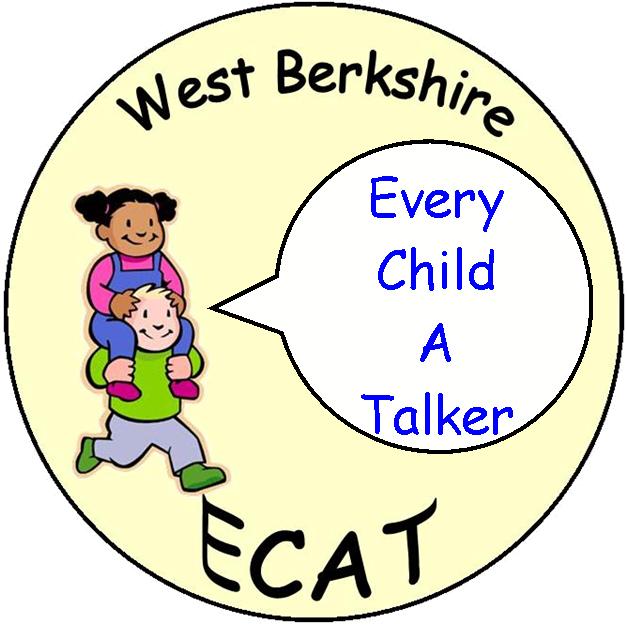
COMMUNICATION SKILLS
WHAT IS COMMUNICATION?
Communication involves sharing information through a two way interaction. Communication skills include facial expressions, body language, pointing, gestures, tone of voice and words. It also includes the use of objects, photos, pictures and the written word.
Communication skills are important for life!
Films for parents: Through the eyes of a child
'What to expect in the Early Years Foundation Stage' parent handbook
HOW DO COMMUNICATION SKILLS DEVELOP?
A child's speech, language and communication skills will develop in stages. Although each child's development can be slightly different, children are expected to develop specific skills by a certain age.
Further information can be found on the following websites:
We use a tree to represent how communication develops from the foundations of language (the roots of the tree) to the use of clear speech (the leaves or blossom at the top of the tree). Children learn to communicate through everyday experiences and having lots of opportunities to practise communicating with others.
We have also used a cake to represent the development of language. The foundations of language are represented by the ingredients. The environment and appropriate stimulation are represented by a wooden spoon. The base of the cake represents the child's understanding of language. The next layer represents the child's use of language. The icing on the top of the cake represents clear speech. If any of the ingredients are missing (the foundations of language), the cake won't rise.
FACTS AND STATS
Did you know...
In the UK, over 1 million children and young people (that’s 2 to 3 in every UK classroom) have some form of long term and persistent speech, language and communication difficulty. This can affect a child early, severely and for life.
In some areas of the UK, over 50% of children are starting school with delayed communication skills. Their speech may be unclear, vocabulary is smaller, sentences are shorter and they are able to understand only simple instructions. Many of these children can catch up with the right support.
Communication skills are important...
How 'school ready' a child is at age four is strongly predicted by their vocabulary and ability to talk in short sentences at the age of two years.
A child's vocabulary at age five is a predictor of his educational success and outcomes at age 30.
The most important influences on children's early development are those that come from home.
A poll undertaken by I CAN showed that only 43% of parents of 0 - 5 years olds were able to correctly identify the stages of communication.
The Bercow Ten Years on report stated that 42% of parents and carers say their child's needs have not been picked up early enough, and only 29% of parents feel well involved in how their child's support is planned.
Shared reading as young as 8 months of age is strongly associated with the child's use of spoken language at 12 and 18 months of age.
Looking back at 15 year olds' educational attainments, it was found that children who were read to by their parents during the first years of school showed markedly higher scores.
Find out more here
